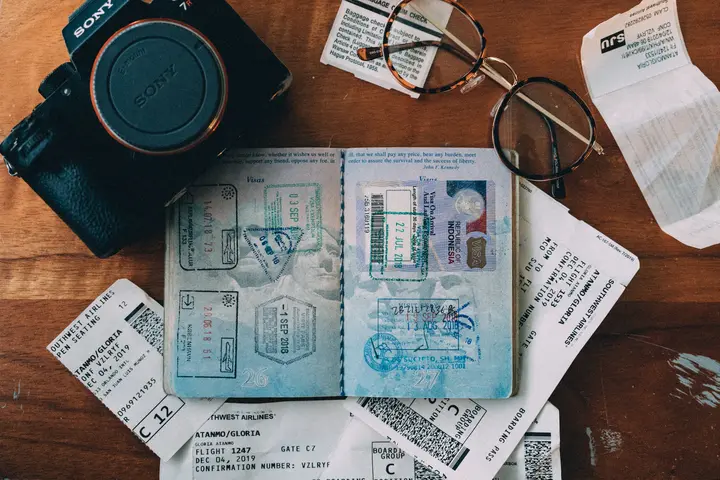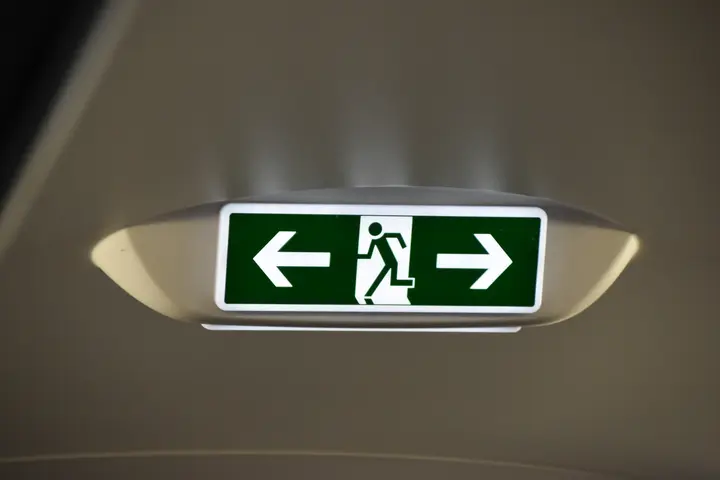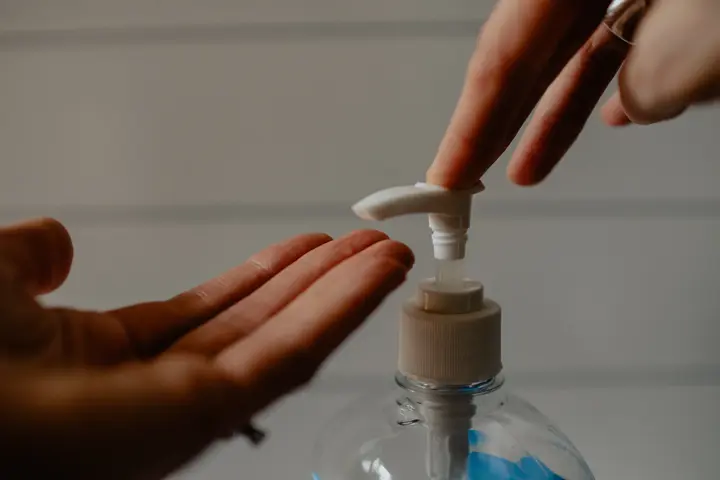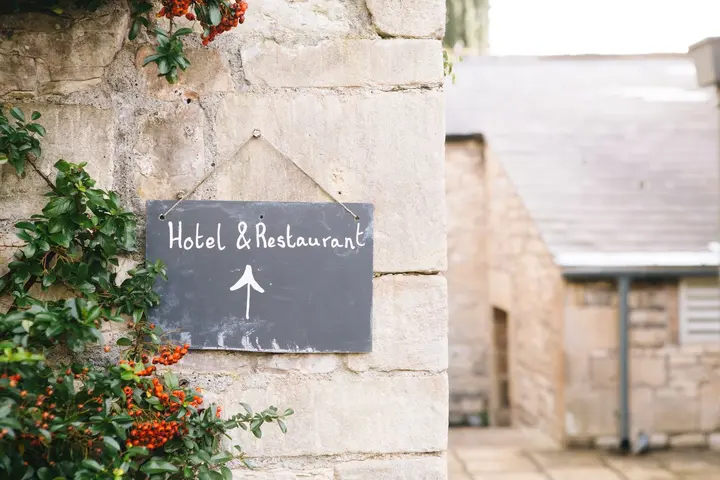Critical Safety Measures for Travelers and Hotel Guests: A Comprehensive Guide

When travelling or staying in hotels, passengers and guests should take the necessary steps to protect themselves from potential hazards and accidents. Here are some ways to protect yourself and prevent risks while traveling and in hotels:
Show key points
- Travelers should always carry and back up essential documents like passports, visas, and health insurance cards to handle emergencies and legal requirements effectively.
- It’s important to use secure storage options in hotels, such as safes or locked containers, to protect valuable items like money, electronics, and jewelry.
- Avoid disclosing personal or sensitive information to strangers to protect yourself from potential fraud and identity theft while traveling.
- ADVERTISEMENT
- Familiarizing yourself with emergency exits and hotel evacuation routes is critical for responding safely and quickly during emergencies like fires.
- Maintaining personal hygiene, such as frequent handwashing and sanitizing, helps prevent illness and spreads cleanliness during your hotel stay.
- Unsafe behaviors, like walking alone in unfamiliar areas at night or allowing strangers into your room, should be avoided to reduce personal risk.
- Reporting any lost or stolen documents immediately is essential for recovery and for preventing their misuse.
Download important documents

When travelling and staying in hotels, carrying important documents is crucial to ensuring the safety of travellers and hotel guests. Personal, financial and medical documents may be necessary in case of emergency, legal problems or even for normal travel purposes. Therefore, it is essential that you have prudence and caution when carrying and using these sensitive documents.
1. Verification of the necessary documents:
Recommend
Before you travel, make sure you have all the necessary documents such as passport, visa, health insurance card and driver's license if necessary. Make sure these documents are correct and pre-check the laws and requirements in your country.
2. Document backups:
Before you travel, back up all important documents, such as passport, ID card, tickets, and medical check-ups. You can save hard copies with you securely, and also create electronic copies and store them on your smart device or in the internet cloud.
3. Fraud and forgery detection:
Avoid disclosing your personal and financial information to strangers and beware of forgery and fraud. Check the source of official documents and be sure to check their authenticity before using them. If you have any doubts about any document, contact the concerned authority to verify its authenticity.
4. Report Loss of Documents:
If any document is lost or stolen, report it immediately to the local authorities and the hotel where you are staying. It may be necessary to issue a replacement document, file a police report for compensation, or help recover lost documents.
Use secure storage places

When you have valuable possessions, such as money, jewelry and electronic devices, you must ensure that they are properly protected during your stay. Using safe storage places gives you confidence and comfort in knowing that your belongings are under reliable protection.
1. Follow the hotel's instructions:
Before using secure storage areas, always check the hotel's instructions on using them. There should be clear instructions on how to use them and the rules for accessing them.
2. Value of items to be stored:
Before placing your belongings in storage spaces, assess their value and importance to you. There may be cases where a special lock storage box or a PIN code box is required to protect valuables. Use a strong lock and don't let any part of the property appear outward, so you reduce the chances of being robbed.
3. Inspect items before leaving:
Before leaving the hotel and picking up your belongings from the storage areas, check them all to make sure nothing is missing. In case of any problems, inform the hotel immediately and take action.
Not to behave unsafely

By following the following guidelines and avoiding unsafe behavior, you can ensure your personal safety and avoid risks while traveling and staying in hotels. Always remember that prevention is better than cure, and that staying safe is the most important thing during your journey.
1. Avoid walking alone at night in unsafe areas:
Some areas may be unsafe and put you at risk of theft or assault. Therefore, you should avoid walking alone at night in those areas and rely on public transport or taking a taxi.
2. Do not use elevators in case of emergency:
In the event of a fire or emergency at the hotel, you should avoid using elevators and use stairs instead. Elevators may break down or fail to function in these situations, and it can be difficult to rescue you from within.
3. Non-disclosure of personal information to strangers:
You should avoid disclosing personal information such as your full name, address, and flight details to strangers. People who know your personal information may exploit this for illegal purposes.
4. Stay away from strange locations and do not allow strangers into your room:
You should avoid visiting exotic sites and do not allow any stranger to enter your hotel room. This may cause you to run the risk of theft or any other emergency.
Identify evacuation methods and emergency exits

Knowing the evacuation routes and emergency exits is crucial for the safety of travelers and hotel guests. In the event of a fire or other emergency, getting correct and accurate information on how to escape and exit safely may be the difference between life and death.
When you arrive at the hotel, it is best to review the map of the hotel floors and learn about the locations of emergency exits. These maps can usually be found on walls in corridors or in the access room to different floors. These maps contain signs and signals that direct you to appropriate emergency exits.
Some hotels organise facility tours and emergency exits for guests. You can inquire at reception about these tours and register for them. Attending these tours is an ideal opportunity to learn about evacuation methods and emergency exits in a practical way, and to clarify the processes and procedures that must be followed in the event of an emergency.
Be sure to review the safety instructions in the room, as detailed instructions may be given on how to act in emergency situations and ways to escape from the room. These instructions will be very useful in the event of an accident inside the room and you need to get out safely.
Attention to health and personal hygiene

Health and hygiene are critical to keeping travellers and hotel guests safe. Everyone should pay great attention to these two aspects in order to prevent diseases and maintain a clean and healthy environment.
1. Commitment to hand washing:
Before and after eating, and after using the bath, wash hands with soap and warm water for at least 20 seconds. Hand sanitizer can be used if soap and water are not available.
2. Use paper napkins and sterile products:
Paper towels or sterile products should be carried to clean common surfaces such as door handles and keys. You should also avoid touching the nose, mouth and eyes by hand without washing them first.
3. Adherence to personal protective measures:
Travelers and hotel guests should observe wearing a mask and maintaining social distancing in areas that may be crowded. You should also avoid touching the face with your hands without washing your hands and cover your mouth and nose when sneezing or coughing. Before and after travelling, luggage should be cleaned and sanitized with proper disinfectant, and you should avoid exchanging personal items with others.

Ultimately, the safety of travelers and hotel guests comes first. In order to ensure the safety of life and property, critical safety measures must be followed and remain prepared to deal with any emergency that may occur. Everyone should work to raise awareness of these measures and make them an integral part of their behaviour when traveling and staying in hotels. At the same time, hotels must also work to improve safety measures and provide a safe environment for their guests. Only through mutual cooperation and dedication can we ensure a safe and comfortable travel experience for everyone.








